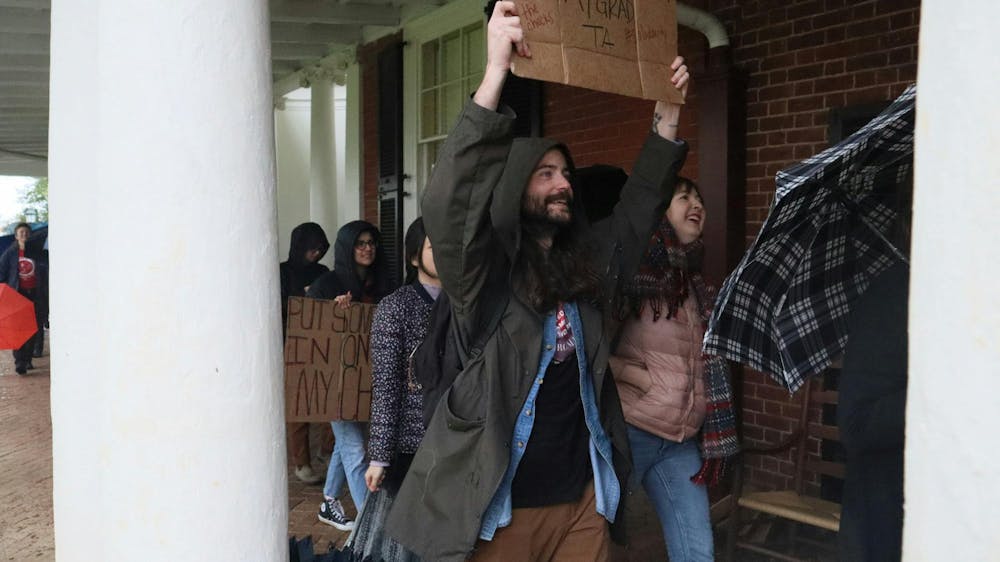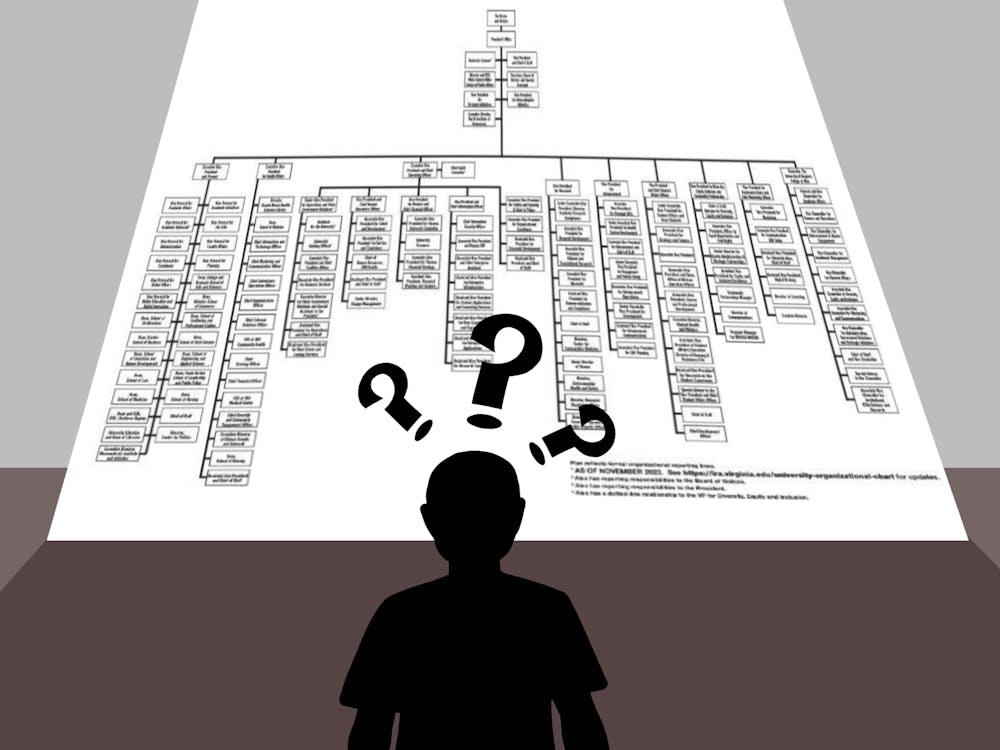For years on end, graduate student workers at the University have long protested serious delays in the reception of their stipends. The United Campus Workers of Virginia, a local chapter of a union which represents higher education workers, regularly advocates for wage and stipend raises. But at our University, this union has not been able to advocate for raises because the more pressing problem is the all too-frequent absence of stipends. Stipend checks received weeks late and thousands of dollars short are particularly unacceptable for a university that regularly boasts about its financial accessibility. In this way, such systemic problems at the graduate level undermine the institution’s proclaimed support for diverse financial backgrounds. The University must restoratively respond to these failures, locating tangible solutions to a system that continues to mistreat and undervalue the graduate student community.
Graduate student workers are often situated in a precarious financial position, and financial aid like stipends are a needed lifeline. Unlike wages, which are given in exchange for a graduate assistantship, a stipend is an amount of scholarship money paid to a graduate student to support their research. These are given by either the student’s department or school and end up covering some — but not all — living expenses. In many instances, stipends are the only way that many graduate employees can secure housing in Charlottesville. Even then, the UCWVA notes that the combination of wages and stipend are about $8,000 below what would be needed to live in this increasingly expensive city.
To the University’s credit, it did create a Graduate Stipend Task Force after a series of late stipends in December 2022. But the results emerging from this task force were hugely disappointing. When the task force evaluated the administration’s extreme failures with timeliness and transparency, two excuses emerged. Firstly, the administration blamed temporary vacancies in relevant departments for causing confusion in the distribution of stipends. Rebutting this excuse, graduate employees attest to these vacant positions actually being filled throughout the entire period of time, leaving no excuse for bureaucratic drowsiness. Secondly, the administration admitted issues in the communication of deadlines for stipend checks — an embarrassment for an institution who sets the deadlines themselves. As these weak excuses suggest, the University’s chaotic bureaucracy harmed a group of students that historically struggle to make ends meet.
Additionally, this uncompassionate treatment of graduate employees systematically ignores the massive role these students play in upholding the basic mission of the University. Graduate students are responsible for teaching undergraduates and assisting professors in research, in addition to advancing their own groundbreaking work. All of our almost 8,000 graduate students are the invisible faces behind our education, and these late payments directly threaten their ability to assist with the University’s functioning and academic excellence.
Even if undergraduates have not fully understood the importance of graduate employees, the graduate struggle for financial accessibility is the undergraduate struggle as well. The ongoing extreme mistreatment of graduate student workers is particularly worrisome because it fundamentally impedes some graduate students from being a part of the University — not all graduate students have a financial support system upon which to fallback when payments are late. The failures of the stipend payments not only present an issue with the bureaucratic payment system, but also point to a structural inability to accommodate students of different socio-economic backgrounds.
Late stipend checks are more than an inconvenience to graduate employees — they constitute a complete failure to value graduate student employees and are a slap in the face of financial accessibility. No other universities in Virginia seem to struggle with adequately compensating graduate student employees, so it is unclear why it is so hard for our university to fix its errors. There is absolutely no excuse for the University to renege on its responsibility to address the systemic bureaucratic problems which have precipitated this crisis. Immediate action is necessary because affordable access cannot just be a term on a brochure, and excellence cannot be accomplished in a university that overlooks its human foundations.
Scarlett Sullivan is a senior associate opinion editor who writes about politics for The Cavalier Daily. She can be reached at opinion@cavalierdaily.com.
The opinions expressed in this column are not necessarily those of The Cavalier Daily. Columns represent the views of the authors alone.





